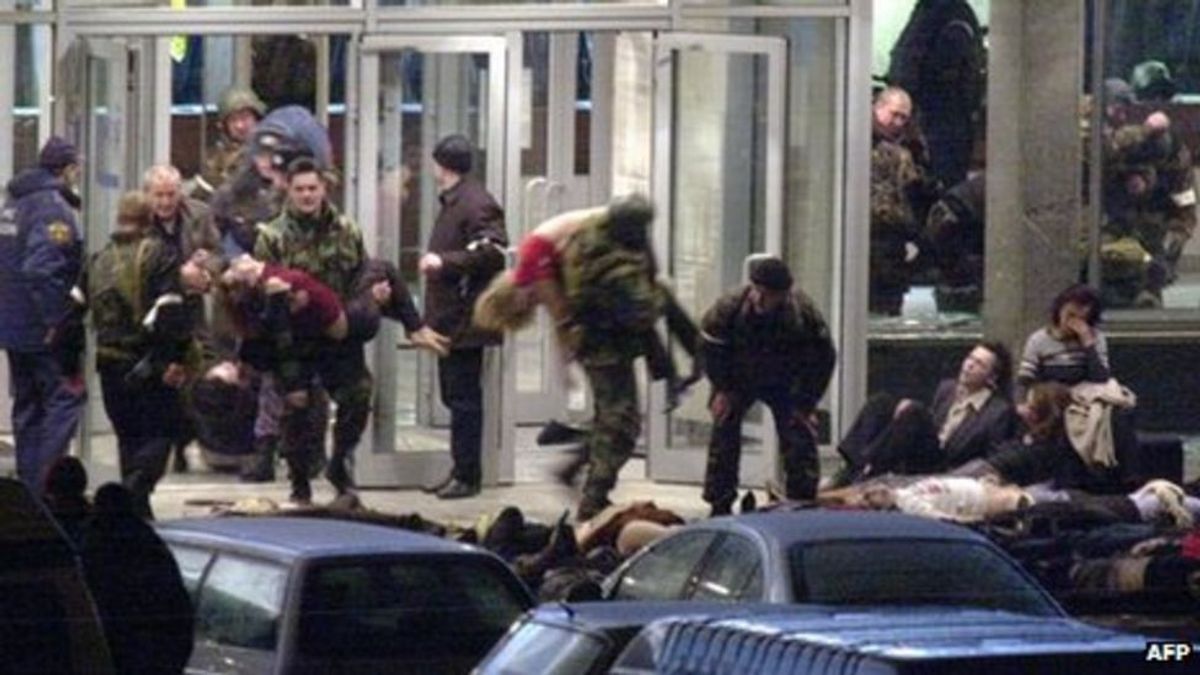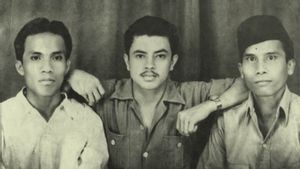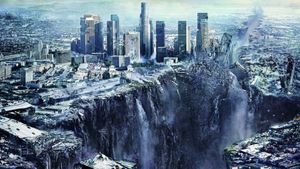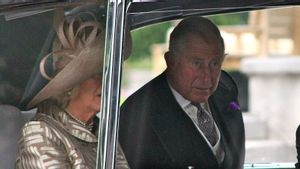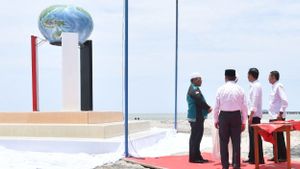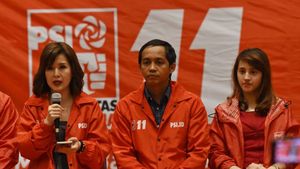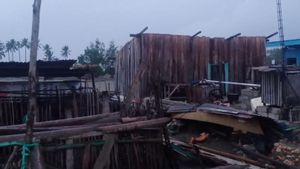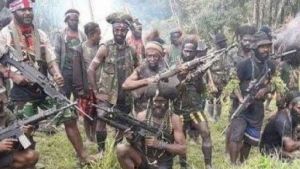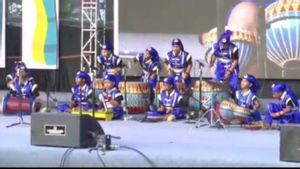JAKARTA - Terror acts in a superpower like Russia are not new. Russia has been plagued by terrorist attacks many times. The most memorable action was a drama hostage by Chechen militias in 2002. The militia, which was equipped with explosives and weapons, tried to take the entire Dubrovka Theater, Moscow.
The Russian government is furious. The owner of power likes not wanting to negotiate with terror groups anymore. A rescue action was carried out. Instead of the lack of casualties, the action actually caused casualties to fall just after being saved.
The collapse of the Soviet Union was greeted with great fanfare by the surrounding nation in 1991. One by one the nation began to declare its independence and escape the Soviet Union. The Chechen Republic did so.
In fact, independence was not approved by Russia. The power-owner wants Chechnya to be his part. The invasion was carried out since 1994. The leader of the Chechen militia began to be eliminated. This power made Russia hated a lot by the remaining Chechen militia group.
Many Chechen militia groups want Russia to leave immediately. However, the option of war is not a solution. They also moved to carry out a series of terror attacks on Russian civilians in big cities. Chechen militias call it a strategy to suppress Russia.
The most memorable terror was the drama hostage-taking at the Dubrovka Theater, Moscow on October 23, 2002. At first hundreds of people came to Dubrovka theater with joy. The arrival was held to watch the famous Nord-Ost music show.
Laughter was present throughout the theater. Everything changed when a group of Chechen militias led by Movsar Barayev entered the theater at 22:15. The entire stadium panicked and was afraid to see about 40 fully armed Chechen militias present at the theater.
The militia then took 850 spectators hostage. The rest of the children's audience was released to save themselves. The hostage-taking was specifically dedicated so that all Russian troops immediately left Chechnya.
When the collapse of the Soviet Union accelerated in 1991, leaders in Chechnya declared independence. Russia invaded Chechens in 1994, and years of fighting destroyed the region. As their cities rioted by Russian troops, Chechen militias called for a new strategy, meaning guerrilla tactics in Chechnya and attacks on civilians in Russia.
In this context, about 40 fully armed Chechen fighters under the leadership of warlord Movsar Barayev entered Moscow theater during Russia's popular musical performance Nord-Ost and took 850 spectators hostage. The Chechens, who had prepared attacks for months before, demanded the withdrawal of all Russian troops from their homeland, "is written on the Britannica page.
The Russian government responded by inviting Chechen militias to negotiate. At first negotiations went smoothly for a day or two. Later the demands got bigger and both parties found deadlocks. Chechen militias also threatened to kill the hostages.
Special forces, Spetsnaz was sent. Troops who incidentally conducted release training after information on the hostage-taking was obtained, began to get ready. The rescue action took place in the early hours of Saturday, October 26, 2002.
The strategy is played. They threw gas that was considered toxic into the theater building. The option of using gas is in fact effective. The theater content of the 'accounter and Hostage' immediately fell asleep and limp. Spetsnaz's troops then killed 40 carriers, without exception.
It only took them 45 minutes to clear up the entire armed group. Problems arise. Hundreds of hostages who were taken out actually experienced a health setback. Many vomited. Many are also unconscious.
This condition made fatalities begin to fall. A total of 130 people died. All of them are suspected because the toxic gas inhaled was too much. Even though the medical team itself who came like a rescue team is considered unprepared. In fact, there are critical hostages who are transported by city bus.
The Russian government only responded flatly. The owner of power never wants to be open to the type of gas used. The government doesn't really care about the loss of many lives, as long as the tender is successfully paralyzed.
Instead of revealing the facts, the government continues to dodge and states that gas is not the main cause of the hostage's death. Even though the high death of the hostages made the whole of Russia commemorate October 26, 2002 as National Berkabung Day.
SEE ALSO:
Some of the survivors who escaped with less serious injuries said that they covered their faces with a broom or wet clothes. The effort was to minimize gas exposure to them. A hostage, an economist, said that some carriers also did the same thing.
Many hostages were already asleep when the raid started before dawn. Some of the people interviewed that day said they could only remember a little about what happened. Those who were awake had little memory of gunfire and explosions. However, they quickly lost consciousness, "said Michael Wines in his article on The New York Times page titledHostage Drama In Moscow (2002).
The English, Chinese, Japanese, Arabic, and French versions are automatically generated by the AI. So there may still be inaccuracies in translating, please always see Indonesian as our main language. (system supported by DigitalSiber.id)
